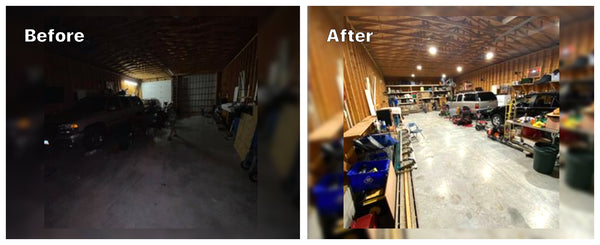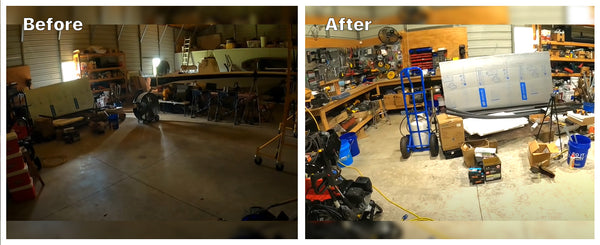Lighting Calculator
Result:
Electricity Cost Calculator
Electricity Cost
Lighting Projects Share
2. Workshop; Dimensions: 30'x25'x14' (Main work area); Item: LED high bay light HERO series 150W 5000K Black version; Quantity: 4
3. Shop; Dimensions: 32'x30'x12'; Item: LED linear high bay light WILL series 110W; Quantity: 9
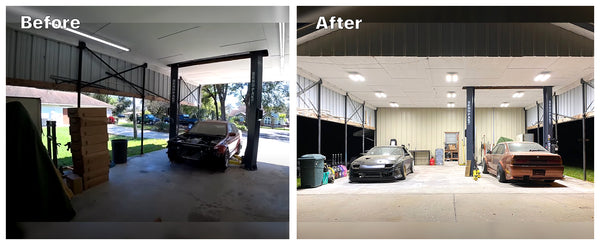
4. Garage&Workshop areas; Dimensions: 76'x52'x14'; Item: 9pcs LED high bay light Adjustable series 150W 5000K Black version, 3pcs LED high bay light HERO series 100W 5000K Black version;
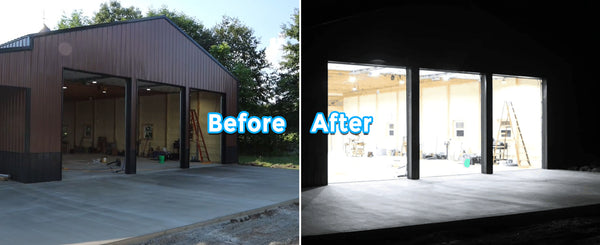
5. Shop; Dimensions: 48'x24'x15'; Item: High Bay LED Lights UFO HB Series - White with Adjustable; Quantity: 6
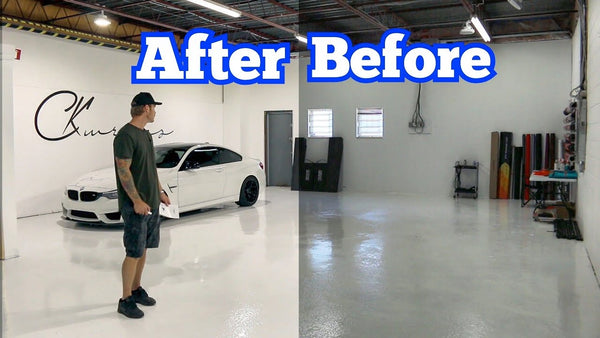
6. Workshop; Dimensions: 40'x28'x14'; Item: High Bay LED Lights UFO HB Series - White with Adjustable; Quantity: 6
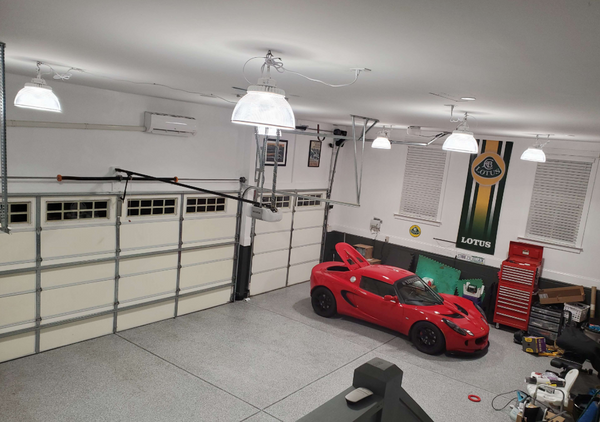
7. Workshop; Dimensions: 50'x40'x12'; Item: LED high bay light HB series 150W 5000K Black version; Quantity: 9
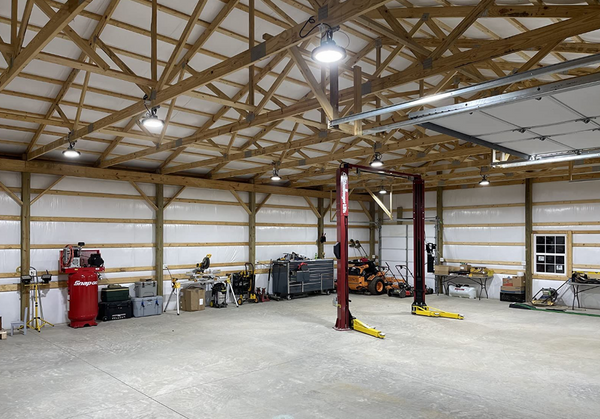
8. Workshop; Dimensions: 60'x40'x14'; Item: LED high bay light HB series 200W 5000K Black version; Quantity: 6
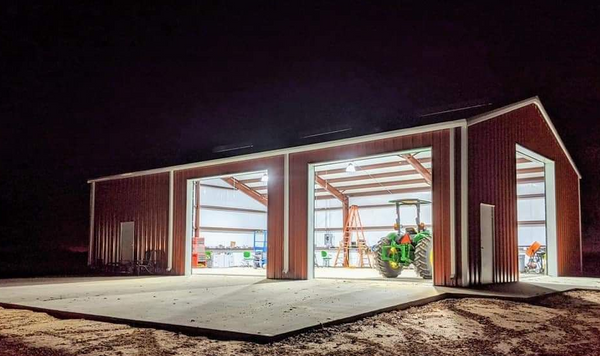
9. Shop; Dimensions: 60'x40'x12'; Item: LED high bay light HB series 150W 5000K Black version; Quantity: 9
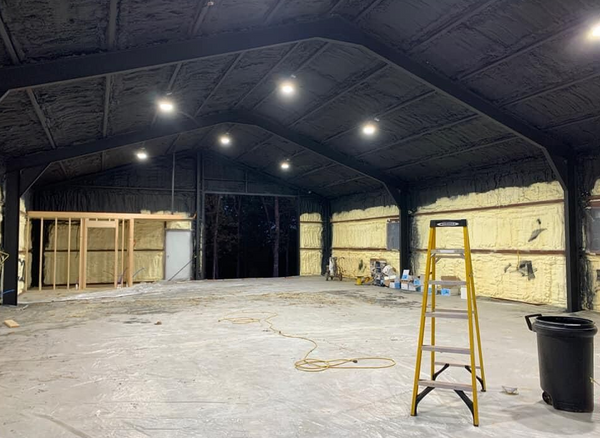
10. Workshop; Dimensions: 56'x30'x12'; Item: LED high bay light Adjustable series 150W 5000K Black version; Quantity: 8
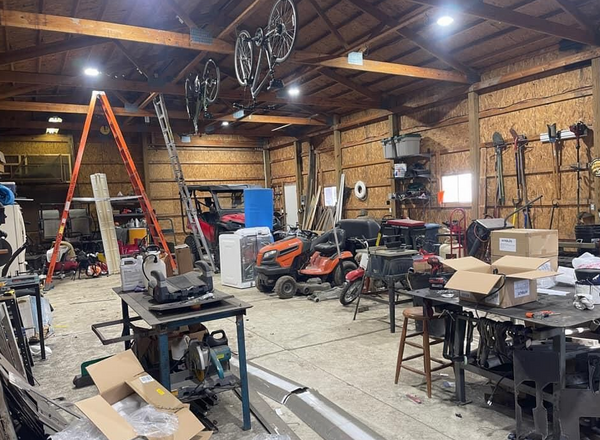
11. Shop; Dimensions: 108'x24'x18'; Item: LED linear high bay light 130W; Quantity: 12
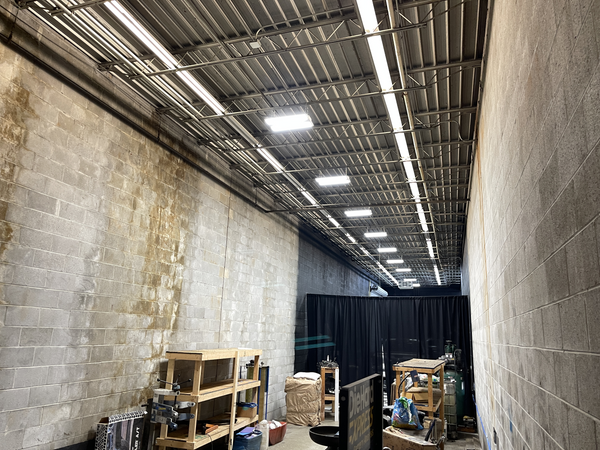
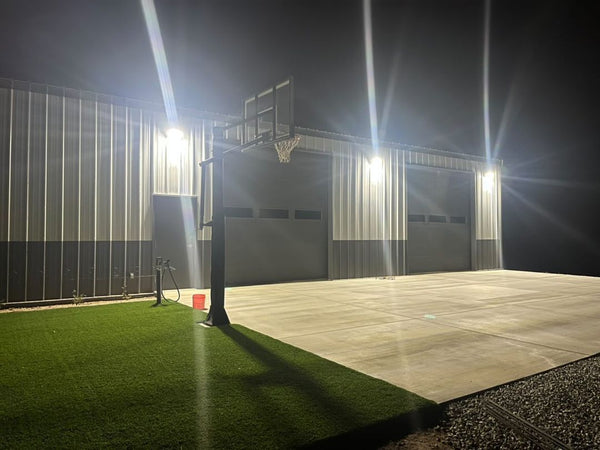



Because it involves many factors, such as the inverse square law, installation height, beam angle, reflection and absorption, and uniformity requirements. Therefore, it's very complex, and it's not possible to explain all the details here. However, these factors contribute to a total discrepancy of about 12.9. This means that if you know the area and purpose of your space but are unsure about the number and type of lights you need, you might use the following formula to calculate the number of lights required:
Required Number of Lights=Lumen Output per Light (Model)Illuminance (Lux)×Area / Lumen Output per Light
Sure, let's calculate the number of lights needed for your space using the provided formula.
- Convert the area from square feet to square meters (since lux is typically measured in metric units):
- Use the provided formula:
Required Number of Lights=Lumen Output per LightIlluminance (Lux)×Area/Lumen Output per Light
Assuming the required illuminance for a store is 50 FC (500 lux) (a typical value for commercial spaces):
Now, plug in the values:
Now, a space of 100ft long and 50ft wide requires that each cubic meter of light can reach more than 500lux, and the number of lights required is:
10 or 12

If your house is over 20ft tall, you may need 12 lights,

The actual situation is arranged according to the distance between the lamps, and only 10 or 12 lamps are used.
In addition
We are willing to help electricians or DIYers with creating lighting plans. Just provide us the length, width, and height of the facility and your requirements for illumination and we can offer the lighting layout for you for free.
Different projects have different requirements,we offer DIALUX simulated lighting test service, to help you get more project, no problem!
We need below information:
- (1) The height of warehouse, garage, factory, workshop, etc.
- (2) The watts of traditional lights.
- (3) The ground illumination requirements.
For special lighting plans, just contact us!
Email: support@jclgl-led.com
Phone: +1 7154405721

Lighting Projects Share
1, ✅ High Bay LED Lights! - Super Bright 150w 24k Lumens - Replacing Warehouse Metal Halide Bulbs. H2108 150W

